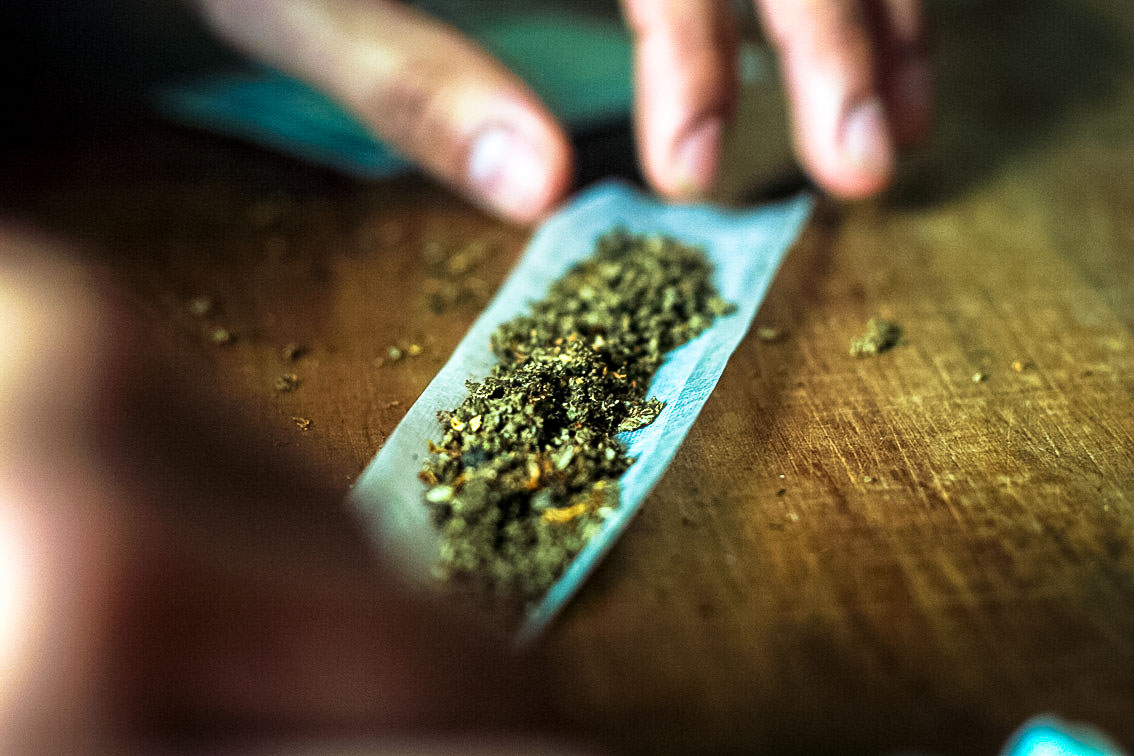A survey study conducted by Dr. Amanda Reiman, author of the 2009 study "Cannabis as a Substitute Alcohol and Other Drugs," showed that marijuana users were replacing regular drug use with a cannabis habit. When asked about how cannabis worked as a replacement, Dr. Reiman stated:
“Cannabis gave them [previous drug users] mindfulness. They were able to slow down and really think about what they were doing, and what their body was saying to them. They were able to think about whether they really wanted to engage in methamphetamine use, or if they'd rather smoke some pot and go to sleep.”
Plus, marijuana use covers many of the withdrawal symptoms (nausea, trembling, trouble sleeping) associated with the use of other drugs, such as alcohol and opiates. “One of the reasons people relapse is that the withdrawals get so bad. So if they can use cannabis to help with the withdrawal symptoms, it's less likely that they're going to return to that drug that was giving them problems,” she says. Some may look at cannabis use as 'users' replacing one drug with another, instead of getting sober via abstinence. However, she states that, “The goal of substance treatment isn't necessarily to demand abstinence as much as it is to help someone manage their life in a manner where substances are no longer interfering in a negative way.” If marijuana could allow addicts to change their life course by not doing something illegal and continue to live productive, positive lives, then the plant could be a suitable replacement for those looking for sobriety from other substances.











